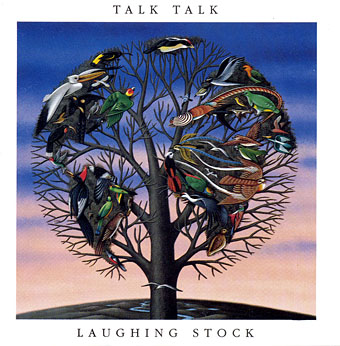
Laughing Stock (1991).
The paintings of James Marsh came to mind this week following news of the death of Talk Talk singer Mark Hollis. Marsh’s art was a feature of all the Talk Talk releases, singles as well as albums, but his work was equally prominent throughout the 1980s on a range of book covers, particularly the series he produced for Angela Carter and JG Ballard. The hard-edged, post-Surrealist style favoured by Marsh was a popular one in the 70s and 80s (among British illustrators, Peter Goodfellow and the late John Holmes worked in a similar manner), and I’ve often had to look twice to see whether a cover is one of his. But while the Magritte-like visual games may be replicated elsewhere, Marsh has a preoccupation with animals—birds and butterflies especially—that sets his paintings apart.
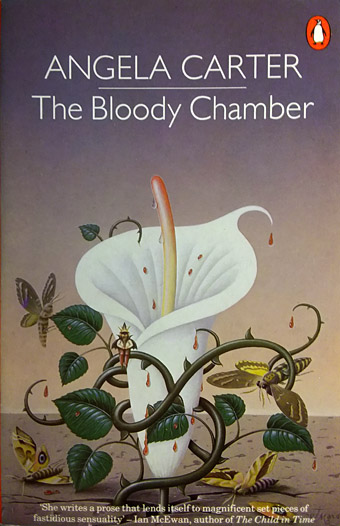
The Bloody Chamber (1981).
I never saw Mark Hollis discuss Marsh’s work but the use of the paintings across all the Talk Talk releases has given the group’s output a coherent look lacking in many of their fashion-chasing contemporaries. The consistency also meant that the cover art was unlikely to overly influence prior perception of their music; there was little warning in 1988 of the musical gulf separating The Colour Of Spring from Spirit Of Eden until stylus met vinyl. Mark Hollis was remembered this week by Rob Young who interviewed him in 1998 when his one and only solo album was released. More from James Marsh’s prolific career may be seen at his website.
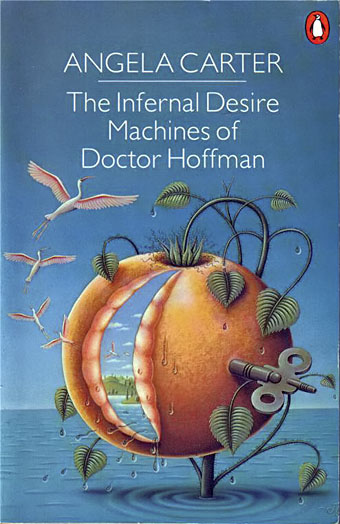
The Infernal Desire Machines of Doctor Hoffman (1982).
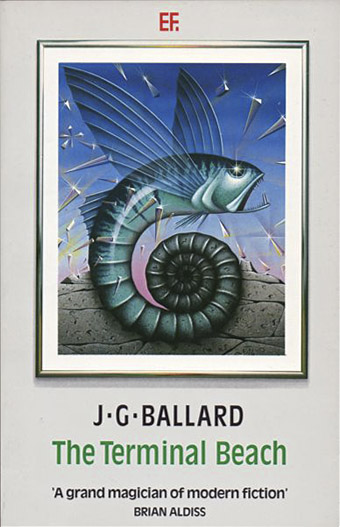
The Terminal Beach (1984).
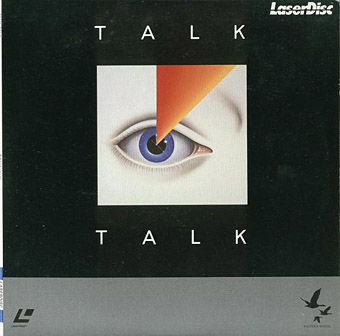
Talk Talk (laserdisc, 1984).
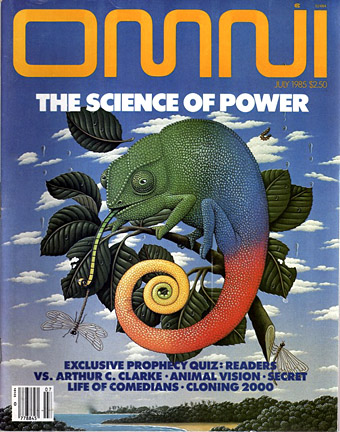
Omni, July 1985.
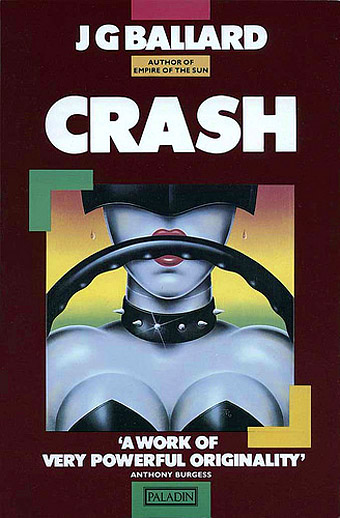
Crash (1985).
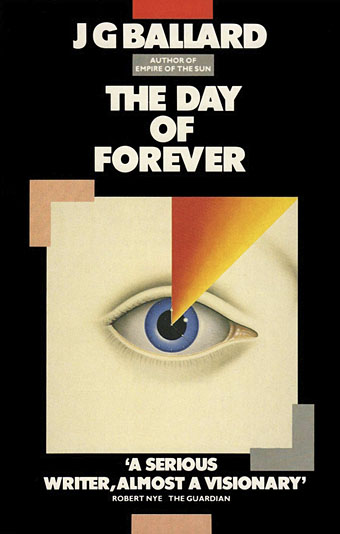
The Day of Forever (1985).
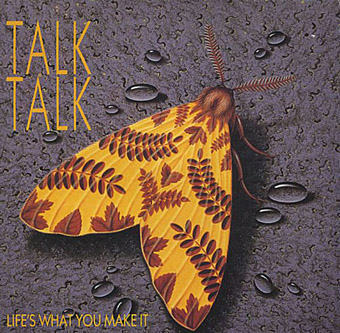
Life’s What You Make It (1986).
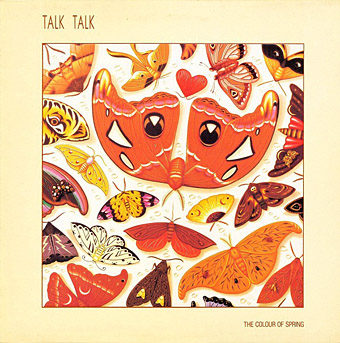
The Colour Of Spring (1986).
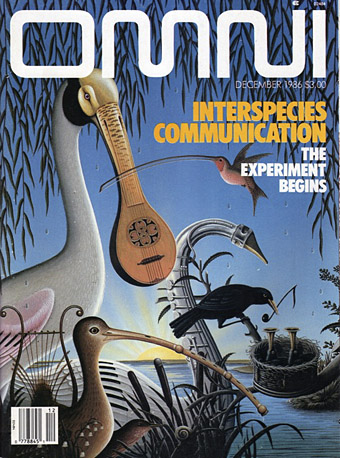
Omni, December 1986.
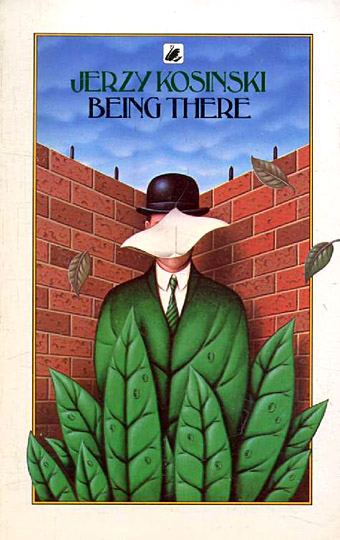
Being There (1991).
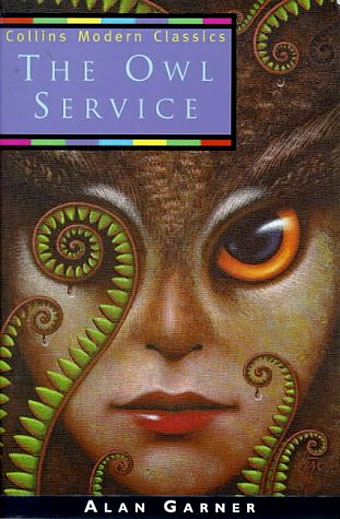
The Owl Service (1998).
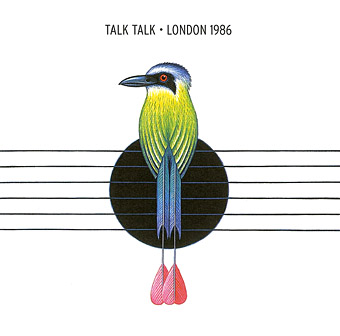
London 1986 (1999).
Previously on { feuilleton }
• Spirit of Talk Talk by James Marsh
